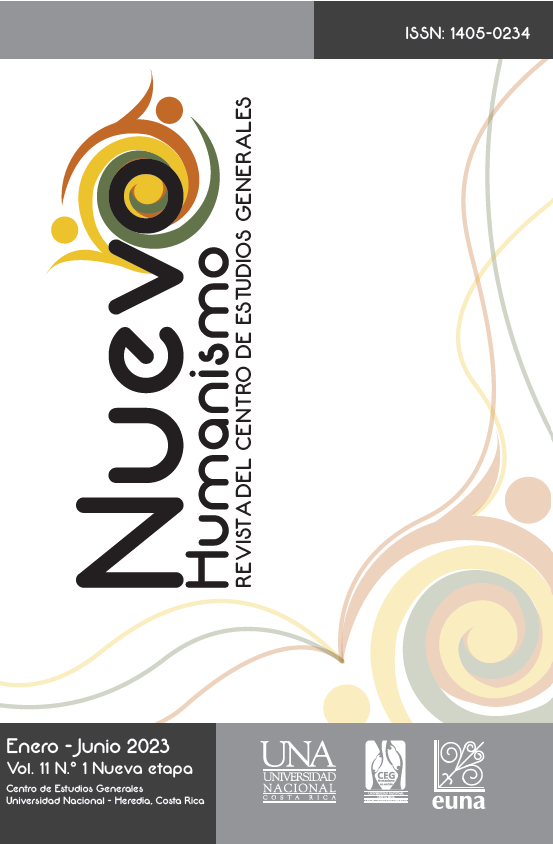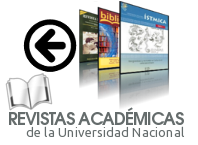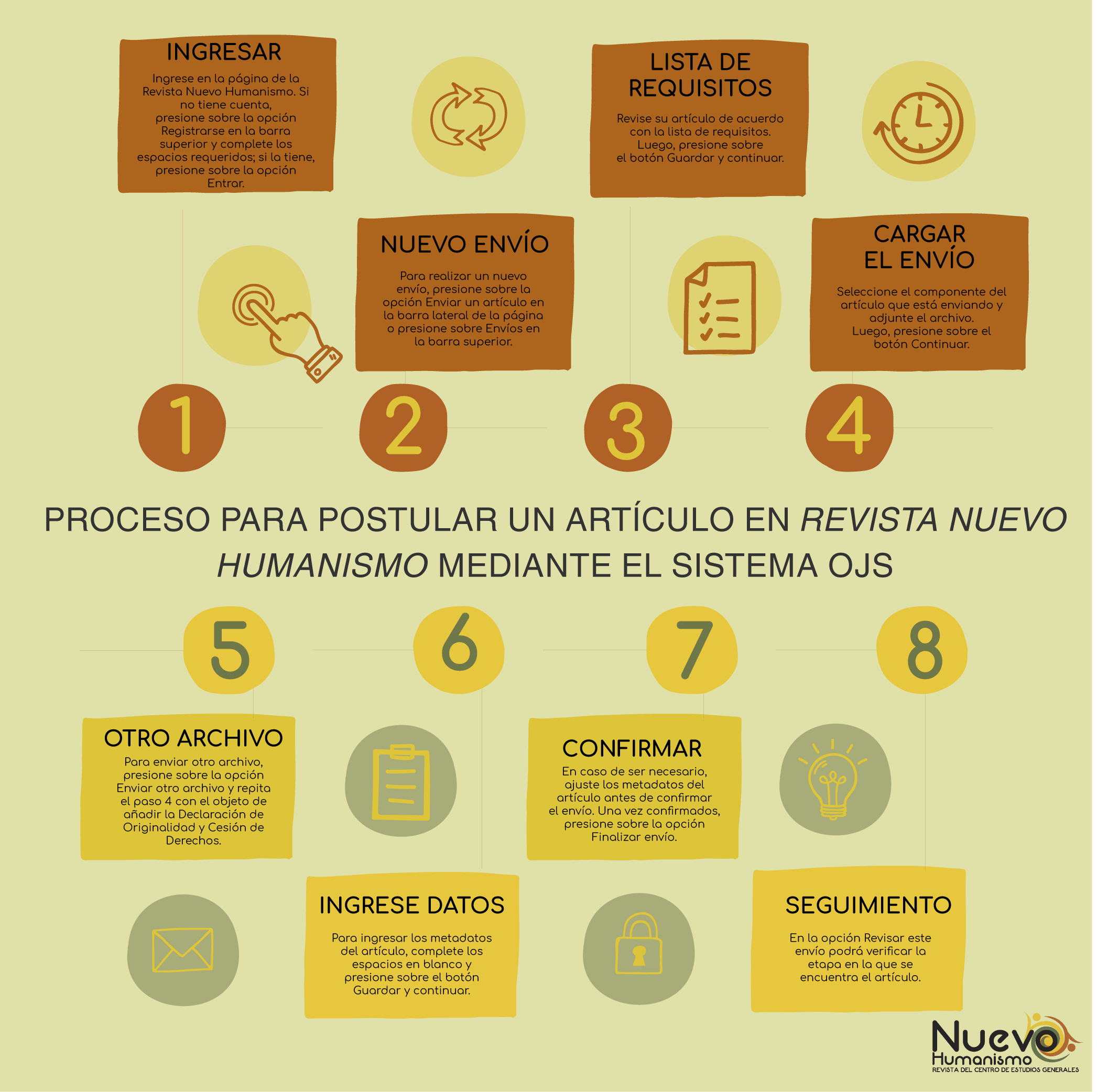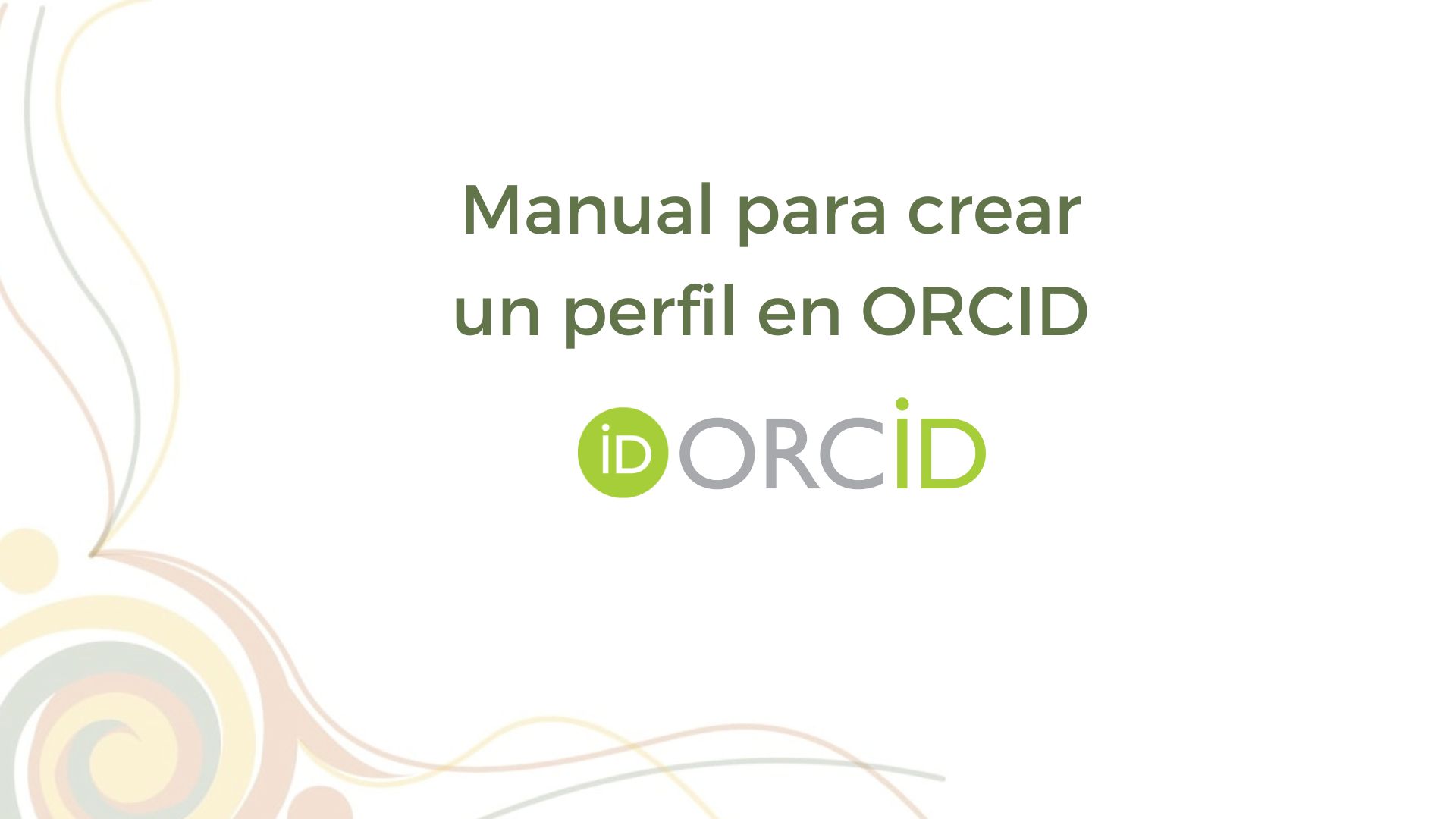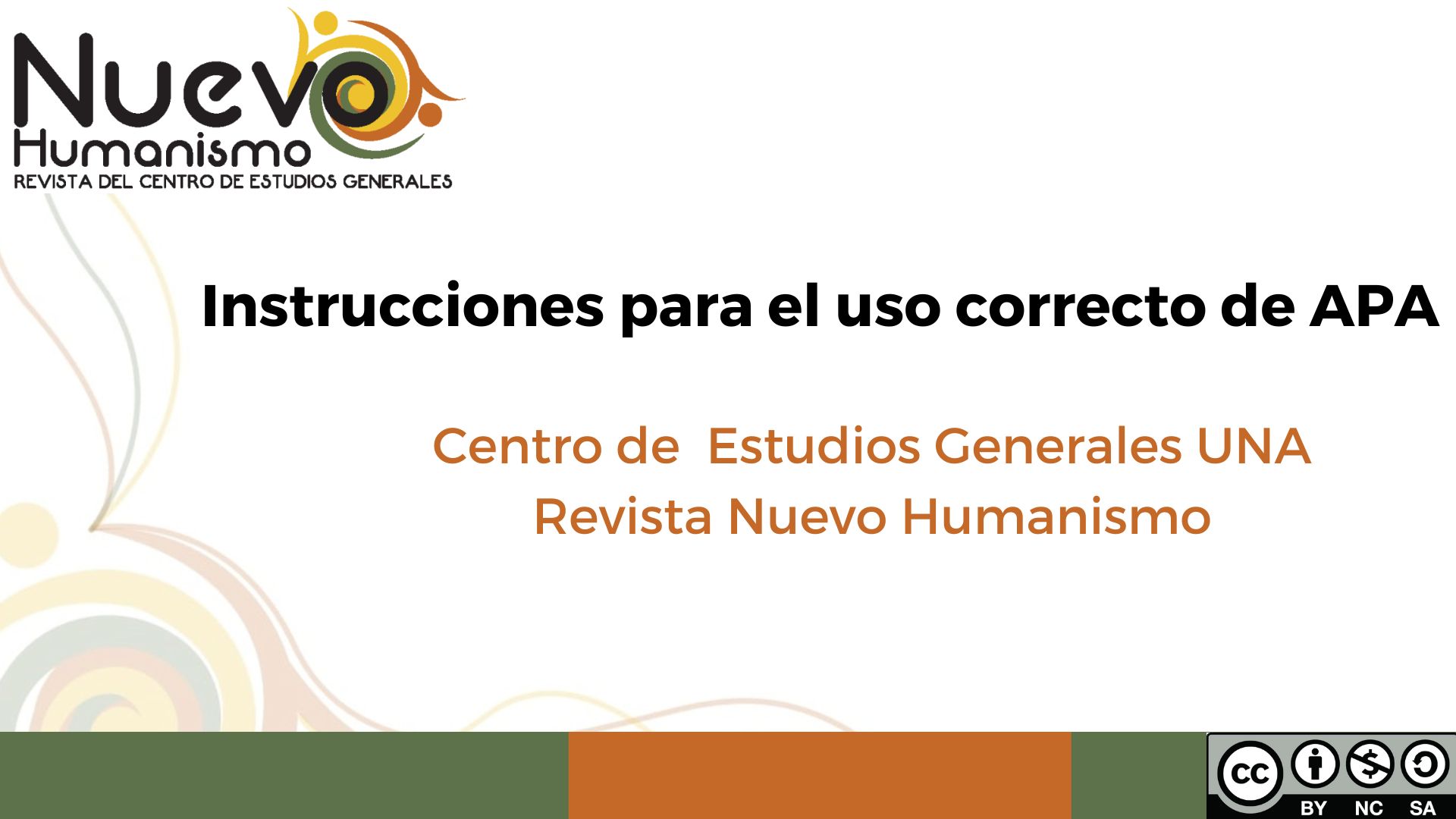Proposal for the Follow-up of Newly Registered Students on the Part of Professionals from the Center for General Studies in the Post-pandemic Context
DOI:
https://doi.org/10.15359/rnh.11-1.1Keywords:
educational lag, resilience, emotional intelligence, mediations, bio-pedagogyAbstract
Considering the present juncture that the educational system is going thru after the Pandemic of Covid-19, which ultimately caused a series of restrictive measures by the Ministry of Education, and previously, by a series of strikes in the public sector, it was assumed that students of recent entrance in the Centre for General Studies (Centro de Estudios Generales, CEG) could present an educational lag. This could consequently generate some apprehension and uncertainty, and possibly wider student during the academic year 2020. Considering such eventuality, a special Conference titled in the same manner as this article was organized; such event was geared towards the educational and administrative body of the CEG with the main purpose of creating some bio-pedagogical instruments for sensitizing professors with respect to posible traumas of the new post-Pandemic students. In this article we present the essential basis of the Conference grounded upon the Theory of emotional intelligence by Daniel Goleman, as an ideal resource for confronting such adverse circumstances. All these aspects are approached using the bio-pedagogic emergent paradigm. First, we detail some contextual factors, and secondly we follow with the topic of educational lag, the basis for resilience, after critical events, emotional intelligence, and bio-pedagogical didactics.
References
Assmann, H. (2013). Placer y ternura en la educación. Hacia una sociedad apren diente. Narcea S. A.
Centro de Estudios Generales. (2017). Rediseño curricular para la formación hu manística. Universidad Nacional, Costa Rica.
Centro de Estudios Generales. 2020. Resolución UNA-CEG-RESO-60-2020. Universidad Nacional, Costa Rica.
Cordero Parra, M. (15 feb., 2022). Curso lectivo 2022 dará inicio con un re zago educativo, 850 órdenes sanitarias y el aumento en la exclu sión. Semanario Universidad. https://semanariouniversidad.com/pais/ curso-lectivo-2022-dara-inicio-con-un-rezago-educativo-850-ordenes-sa nitarias-y-el-aumento-en-la-exclusion/
Devia Cárdenas, J. A. (2018). La biopedagogía: una mirada reflexiva en los pro cesos de aprendizaje. Praxis & Saber, 9(21), 179-196. http://www.scielo. org.co/pdf/prasa/v9n21/2216-0159-prasa-9-21-179.pdf
Fernández Berrocal, P. y Extremera Pacheco, N. (2005). La inteligencia emocio nal y la educación de las emociones desde el modelo de Mayer y Salovey. Revista Interuniversitaria de Formación del Profesorado, 19(3), 63-93. ht tps://www.redalyc.org/pdf/274/27411927005.pdf
Fontana Hernández, A. (2022). Análisis de la resiliencia del estudiantado con discapacidad en la educación superior: propuesta metodológica para el acompañamiento en la Universidad Nacional, Costa Rica. Tesis de doctorado. Universidad Internacional Iberoamericana.
Goleman, D. (2018). Inteligencia emocional. Kairós.
Gutiérrez, F. (2013). Educación como praxis política. Siglo Veintiuno Editores.
Gutiérrez, F. y Prieto, D. (2004). La mediación pedagógica para la educación popular. RNTC.
Morin, E. y Delgado, C. (2017). Reinventar la educación. Abrir caminos a la me tamorfosis de la humanidad.
Soto, G. (2007). Biopedagogía de Maturana y Varela. Perspectiva educativa siglo XXI. http://gerardosotosolano.blogspot.com/2011/09/biopedago gia-de-maturana-y-varela.html
Suárez, I. y Mendoza, B. (2008). Desarrollo de la inteligencia emocional y de la capacidad para establecer relaciones interpersonales e intrapersonales. Laurus, 14(27) 76-95. https://www.redalyc.org/pdf/761/76111892005.pdf

